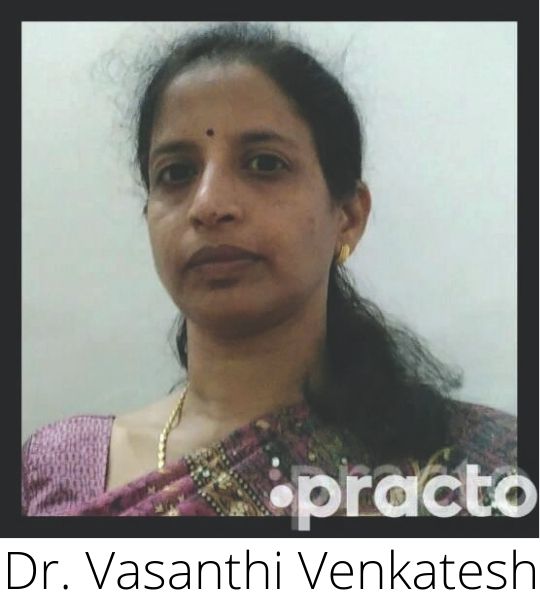-Vasanthi Venkatesh

I hear a lot about the dangers of using commercially produced sanitary pads. But due to convenience, I and my two daughters use them. We have heard about some natural sanitary pads producers but are wary about unknown brands. Please advise. — Anonymous
Commercially produced sanitary pads often contain harmful chemicals which is why you are hearing about the dangers and risks associated with using them. In the long term these chemicals could cause ovarian cancer and endometriosis. So it is advisable for adults and children to avoid using them. Instead, use cloth pads or pads made from eco-friendly, safe materials. These may be more expensive and inconvenient but they are safer and healthier. After pregnancy, women can use silicone menstrual cups. Initially, they may not be comfortable, but you will get used to them.
Menstruation is a normal and natural process, and no additional cleansing of the vagina is needed, except with water. The human body produces its own fluids to protect the vagina. The use of products such as vaginal wash results in needless exposure to chemicals. However, if your daughter really feels uncomfortable during her monthly periods, she could use it briefly, for two-three days. Advise her to use carefully selected brands minimally.
I’m expecting my first child in two months, and I’m worried about whether I will be able to breastfeed properly. I have heard that it is good to feed an infant immediately after birth. But what if I have a problem and am unable to lactate sufficiently? — Shalika Sharma, Mumbai
First milk, which is released after delivery, is immunity-rich colostrum. This is why the first feed is very important. Nurturing 21st Century children ask the doctor There are many superstitions about its utility, with some people deprecating it without knowing its goodness. If you are expecting a Caesarean birth, consult your gynaecologist about how you could breastfeed your child post-delivery. Perhaps you could request the doctors and nurses to hand over your baby to you at the earliest, if possible. Let your family also know about your request.
Sometimes, hospitals and nurses offer sugar water or formula milk to keep infants quiet. This is wrong. Mother’s milk should be the first feed of a new-born. Even after a Caesarean birth, a mother can request doctors not to give her sedatives unless necessary, so she can feed her newborn. Most mothers have a natural instinct to figure out how best an infant latches on, and how long she feeds to feel full. If you have difficulty, you can ask your gynaecologist to recommend a lactation consultant, because breastfeeding is one of the best things you can do to ensure your child’s long-term health and well-being.
(Dr. Vasanthi Venkatesh is consultant obstetrician and gynaecologist, Shraddha Clinic, Bengaluru)
Also Read: Idealistic LLH duo: Anirban Nandy and Poulomi Nandy